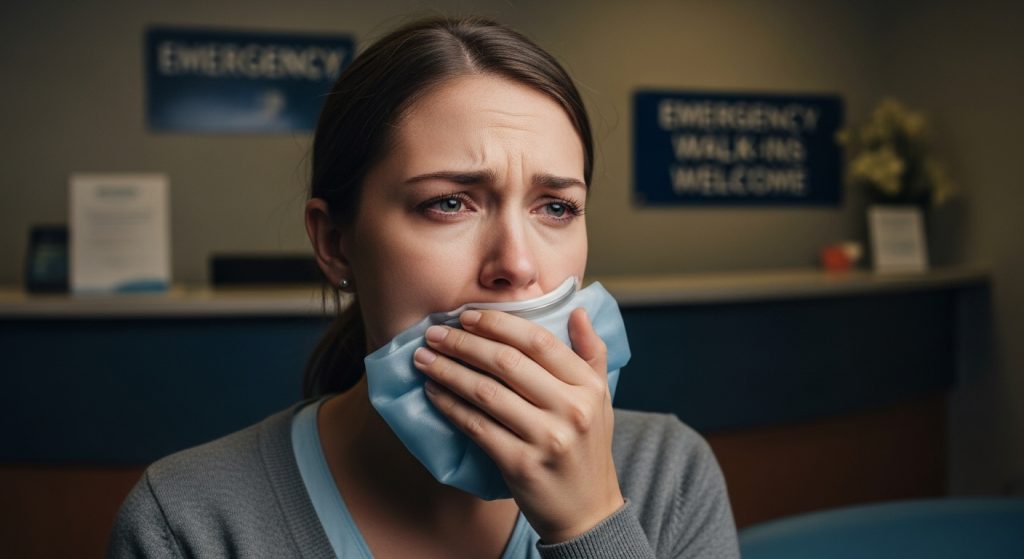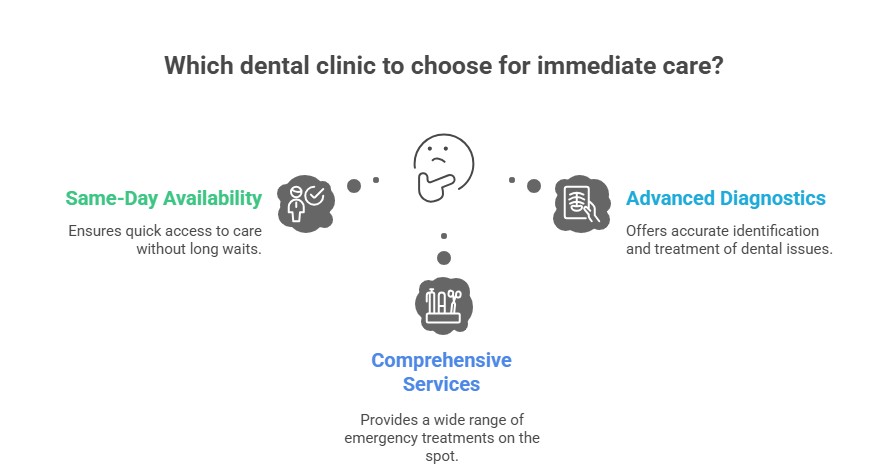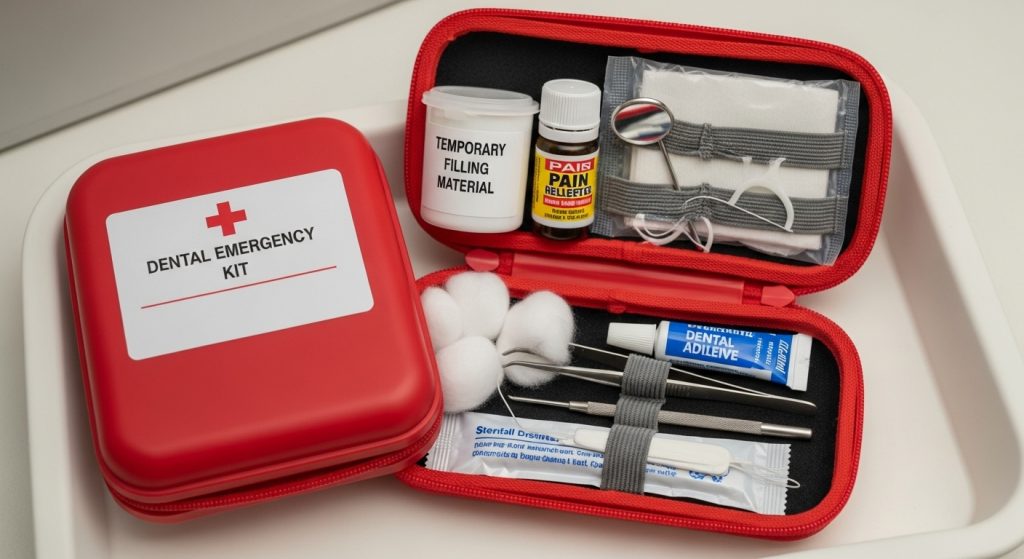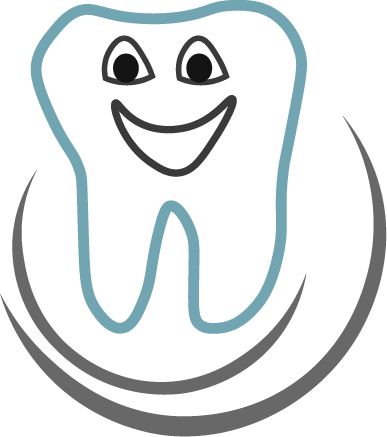Dealing with unexpected dental pain is stressful enough without being in a new city. For reliable urgent dental care in North York, knowing where to turn can make all the difference, whether you’ve just moved here or are a traveler passing through.
In this essential guide, we’ll walk you through what qualifies as a dental emergency, how to find help in the Greater Toronto Area, tips for handling pain immediately, and how the North York emergency dentist fits into your solution.
What Counts as a Dental Emergency?
It’s crucial to distinguish between a minor inconvenience and a time-sensitive emergency. When in doubt, call a dental clinic. Generally, most emergency dental issues involve severe pain, risk of tooth loss, or uncontrolled bleeding. Immediate proactive steps can save your tooth and prevent a serious infection.

Knocked-Out Tooth: The 60-Minute Rule
If a permanent tooth is completely knocked out (avulsed), it is the most critical dental emergency. Time is of the essence; you have about an hour for the best chance of successful re-implantation!
| Action | Details |
| 1. Handle Carefully | Pick up the tooth only by the crown (chewing surface). Do not touch the root. |
| 2. Clean | Gently rinse with water or milk if dirty. Do not scrub. |
| 3. Preserve | Try to reinsert it into the socket. If not possible, keep it moist in a container of milk or saline solution. |
| 4. Act | Seek immediate emergency dental care within 30-60 minutes. |
Read More: What Happens If You Don’t Replace a Missing Tooth?
Severe Toothache and Swelling (Potential Abscess)
A mild, fleeting ache can wait, but a throbbing, severe toothache, especially when accompanied by facial swelling, fever, or a small, pimple-like bump on the gums (an abscess), requires immediate professional attention. A dental infection can spread quickly and become life-threatening.
| Action | Details |
| 1. Cleanse | Rinse your mouth with warm salt water to clean the area. |
| 2. Reduce Swelling | Apply a cold compress or ice pack to the outside of your cheek. |
| 3. Manage Pain | Take an over-the-counter pain reliever (Acetaminophen/Ibuprofen). Do not place aspirin directly on the gum. |
| 4. Seek Help | Call an urgent dental care clinic right away. |
Read More: Why Do Toothaches Strike at Night, and How Can You Find Relief?
Broken or Chipped Teeth, Lost Fillings, or Crowns
While less time-critical than a knocked-out tooth, damage to existing dental work or a broken tooth can lead to further cracking, decay, and severe sensitivity. Sharp edges can also cause painful cuts on the tongue or cheek. However, these issues might fall under the cosmetic dentistry procedures.
| Action | Details |
| 1. Rinse | Rinse your mouth with warm water to clear debris. |
| 2. Collect | Save any broken tooth fragments or the lost crown/filling. |
| 3. Protect | Cover any sharp edges with a piece of dental wax or sugar-free gum. |
| 4. Avoid | Do not chew on the affected side of your mouth. |
Finding Immediate Care: Why Choose a Dedicated Clinic?
For travelers and newcomers, accessibility and transparency are paramount. North York is home to many excellent dental practices, but in an emergency, you need the full benefits of emergency dental services designed for urgent, unscheduled visits.

The best features of top-ranked urgent care facilities include:
Same-Day, Walk-In Availability
Dental emergencies require immediate attention, not a two-week wait for an appointment. Look for clinics that explicitly offer same-day appointments and walk-in services, ensuring you can be seen quickly. Clinics like the Walk-In Dental Clinic in North York are structured to triage and treat urgent cases immediately, providing fast pain relief and essential intervention.
Comprehensive Emergency Services
A reliable urgent care center must be equipped to handle a wide range of procedures on the spot. This includes:
- Emergency Root Canal Procedure (to relieve severe nerve pain)
- Emergency Tooth Extractions (for unrestorable or severely infected teeth)
- Repair and re-cementing of lost crowns, bridges, and veneers
- Treatment for dental abscesses and soft tissue injuries
Choosing a clinic with advanced diagnostics, like digital X-rays and 3D imaging, ensures that the root cause of your pain is identified and treated correctly in the first visit.
Read More: Tooth Extraction vs. Root Canal: Which One Is Right for You?
Contact Us for Help!
Are you experiencing a dental emergency or need dental care in North York?
Contact us to receive immediate care, pain relief, and your smile back!
Essential Tips for Newcomers and Tourists
Navigating a health emergency in a new country can be overwhelming. These tailored tips will help you manage the financial and logistical aspects of urgent dental care in North York.
Navigating Insurance and Payment
Unlike medical emergencies, dental care is generally not covered by the provincial health plan (OHIP). This applies to everyone, including long-term residents.
Urgent dental care North York tips for travelers and newcomers:
First, if you are traveling, be sure to check your travel insurance policy immediately to understand your coverage for emergency dental care and any claim limits.
Second, if you don’t have Canadian insurance, you’ll likely be responsible for out-of-pocket payment. Most clinics are happy to treat patients without local insurance; you’ll pay upfront and receive an itemized receipt (often called a Superbill) that you can submit to your private or travel insurance provider for reimbursement.
Finally, always discuss costs upfront. Ask the clinic for an estimated cost of the exam and any proposed initial treatment to ensure full fee transparency before you proceed.
Language Barriers and Compassionate Care
North York is a multicultural hub. When calling, ask if the staff can communicate in your language. Compassionate, multilingual clinics, such as the Walk-In Dental Clinic, are among the best urgent dental providers, easing the stress of an emergency while you are away from home.
Prep Your Dental Travel Kit
Preventing a dental emergency is always better than treating one. Before you leave home, assemble a small emergency dental kit for your trip:

- A small container with a lid (for a knocked-out tooth).
- Your dentist’s contact information (from home).
- Pain relievers (Ibuprofen or Acetaminophen).
- Dental wax or sugar-free gum (to cover sharp edges).
- Gauze pads (to control bleeding).
What Happens During an Emergency Visit?
Once you arrive at a clinic such as Walk-In Dental, here’s a rough roadmap of what to expect:
| Step | What Happens |
| 1. Assessment | The dentist evaluates pain and symptoms |
| 2. Digital X-rays (if needed) | Identifies hidden issues like fractures or infection |
| 3. Pain relief first | Numbing, antibiotics, or medication |
| 4. Emergency treatment | Tooth repair, extraction, root canal, crown, etc. |
| 5. Preventive follow-up plan | Next steps to ensure full recovery |
Many emergency issues can be resolved in 1–2 visits, especially if the damage is not overly complex. Our emergency dentists resolve most emergencies the same day or within one to two visits.
Stay Prepared and Get Help Fast
A dental emergency is stressful, but having a plan makes all the difference. For newcomers and visitors in North York, remember that professional, same-day relief is readily available.
By knowing the immediate steps to take for common crises and identifying a reliable, walk-in provider like the Walk-In Dental Clinic on your map, you can ensure that a sudden toothache or accident doesn’t derail your time in this great city. Don’t wait! If you are in pain or have sustained an injury, make the call immediately to secure your oral health.
FAQ
-
Do I need an appointment for urgent dental care?
Not at Walk-In Dental Clinic. We operate on a walk-in basis for emergencies, although calling ahead can help prepare for your arrival.
-
Is a hospital emergency room better than an emergency dentist for a dental crisis?
No. Hospitals are not equipped for dental procedures. They will usually provide pain relief/antibiotics and then refer you to an emergency dentist for treatment.
-
What is the fastest way to stop severe tooth pain?
Take over-the-counter pain relief (like Ibuprofen), use a cold compress externally, and rinse with warm salt water. Professional treatment is still required to fix the cause.
-
Will my out-of-country dental insurance be accepted in North York?
Most Canadian clinics require payment up front. They will provide an itemized receipt (Superbill) for you to submit to your foreign/travel insurance for reimbursement.
-
What should I do if I lose a dental filling or crown while eating?
Save the crown/filling. Cover the exposed tooth with dental wax or temporary dental cement (from a pharmacy). Call your dentist immediately for repair.
-
Does OHIP (Ontario Health Insurance Plan) cover emergency dental care?
Generally, no. OHIP only covers dental services if they are performed in a hospital setting for a complicated medical necessity (like a severe jaw fracture). Routine emergency dental work is not covered.
-
Should I use a cold compress or a warm compress for swelling?
Use a cold compress (ice pack wrapped in a cloth) on the outside of the cheek in 20-minute intervals to reduce swelling and numb the pain. Never use heat on swelling, as it can worsen an infection.
-
Can I wait until I return home to treat an abscess?
No. A dental abscess is a serious infection that can spread to the jaw, neck, or other areas. It requires immediate attention from a dentist to drain the infection and treat the source.
Have you ever experienced a dental emergency? What type of procedure did you need? Share your thoughts in the comments and join the conversation.




